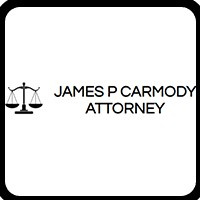North Tazewell Collection Lawyer, Virginia
Not enough matches for North Tazewell Collection lawyer.
Below are all North Tazewell Bankruptcy & Debt lawyers.
James P Carmody
✓ VERIFIEDBankruptcy, Family Law, Credit & Debt
Since 1976, Mr. Carmody has provided outstanding legal services for bankruptcy, divorce, custody issues, and adoption proceedings to clients in the gr... (more)
Jordan Christopher Pennington
Estate, Child Custody, Divorce & Family Law, Criminal, Collection
Status: In Good Standing
Frederick Winston Harman
Government, Employment, Bankruptcy, Bankruptcy & Debt, Accident & Injury
Status: In Good Standing
Terrence Shea Cook
Motor Vehicle, Divorce & Family Law, Criminal, Bankruptcy & Debt
Status: In Good Standing
Vincent John Carroll
Government, Workers' Compensation, Employment, Bankruptcy
Status: In Good Standing
Robert Mann Asbury
Labor Law, Family Law, Administrative Law, Reorganization
Status: In Good Standing Licensed: 30 Years
Franklin Peter Slavin
Real Estate, Divorce & Family Law, Criminal, Bankruptcy & Debt
Status: In Good Standing
Stephen Wayne Gooch
Real Estate, Adoption, Business, Bankruptcy, Wrongful Death
Status: In Good Standing


